To see or to breathe? The dilemma of eyewear at the front. WWI Part 2
In our PREVIOUS POST we covered WWI gas masks. They posed a dilemma for soldiers wearing eyeglasses. The first gas masks were essentially flannel bags with mica lenses. The fit over glasses was often a problem. In addition glasses tended to fog underneath these hoods.
The soldier had the choice between fighting blind or being gassed to death. Fortunately, early in the war, conscripts that wore spectacles were seldom considered fit enough to send to the front. This would change later in the war.
The hoods were phased out in favor of Small Box Respirator gas masks but these were so tight that eyeglass frames worn underneath could compromise the gas mask’s flushness of fit and protection.
The Central Powers were outnumbered and by 1917 had higher casualty rates than the Allies. All able bodies were needed. Eyeglasses could no longer be an obstacle to service at the front. Germany was first to develop eyeglasses that could be worn with gas masks: the maskenbrille:
Instead of traditional wire temples these glasses came with fabric loops that could be wrapped around the ears.
These glasses helped soldiers see their surroundings and survive poison gas:

WWI German soldier in maskenbrille. The cockade has been removed from his hat; he’s a Prisoner of War.
But as the face of the above prisoner of war suggests, soldiers still had many other threats to face.

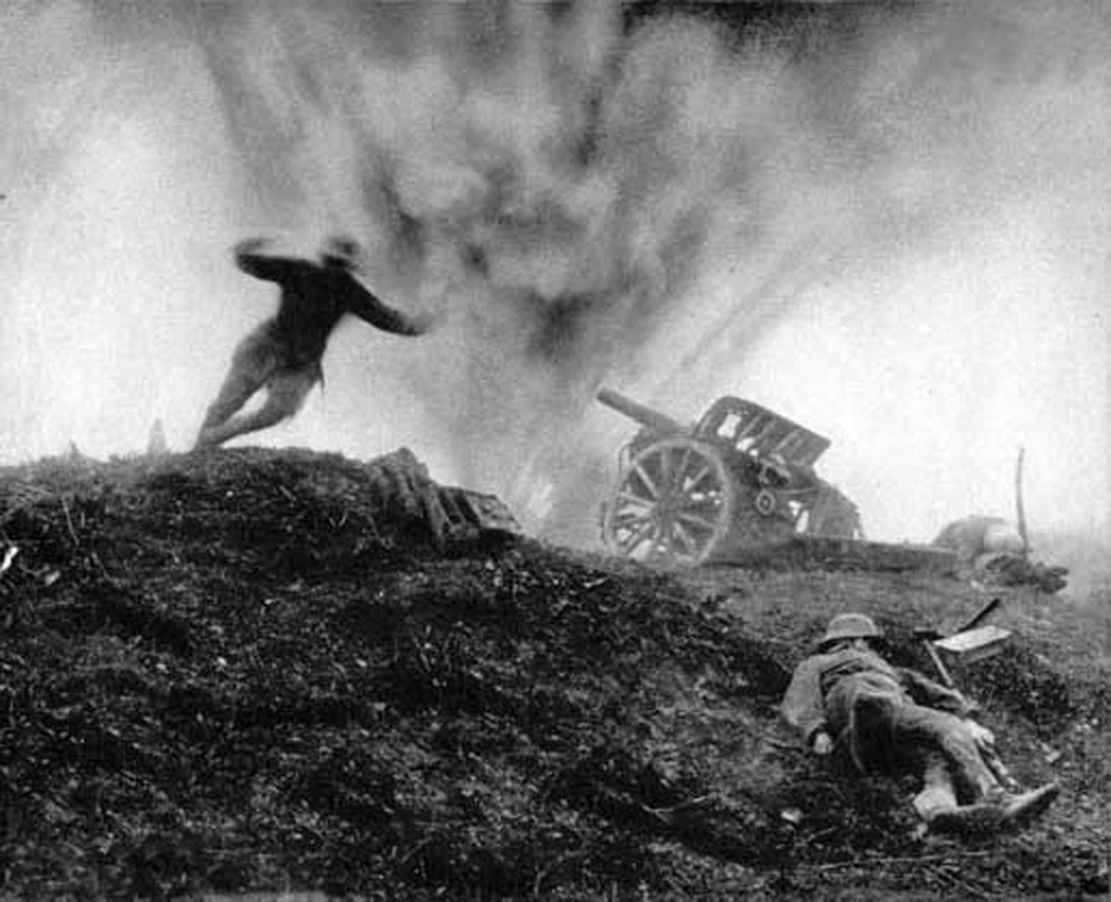
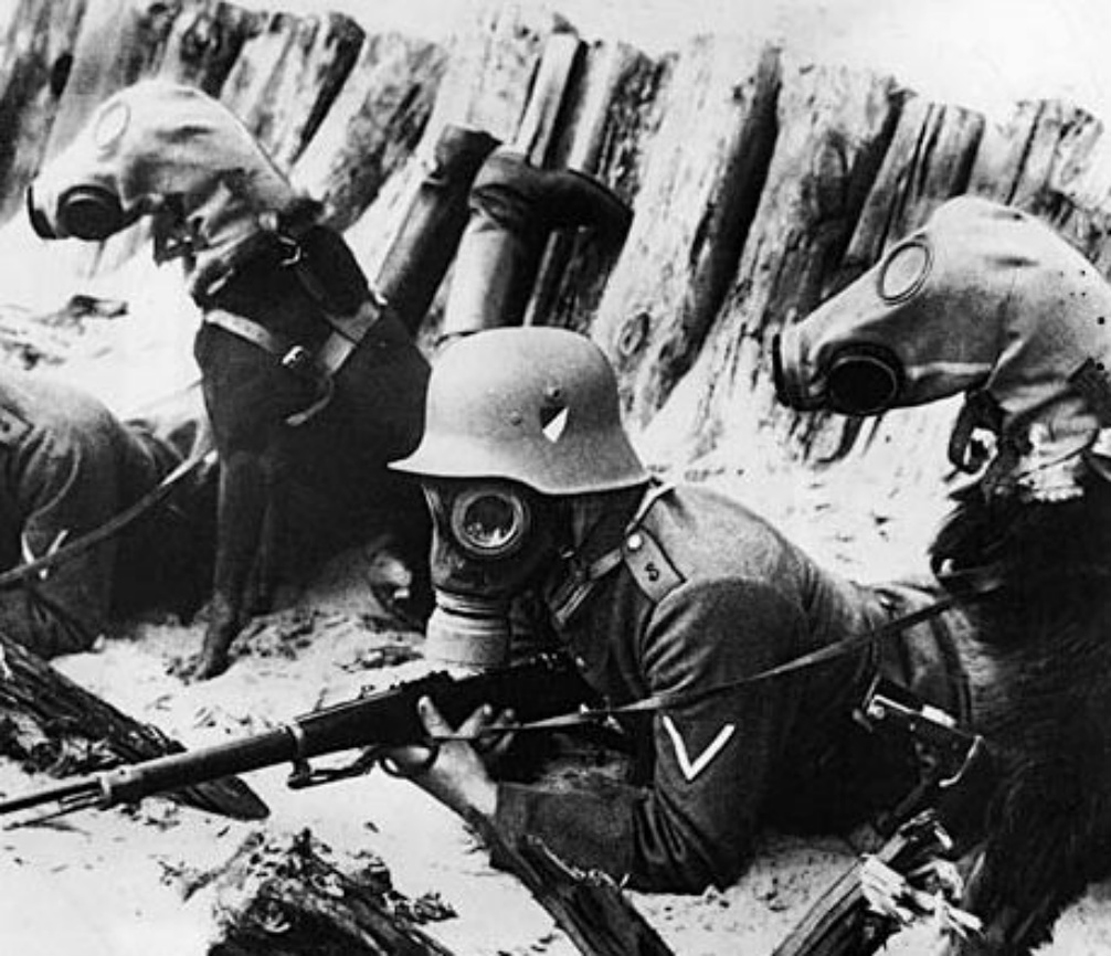
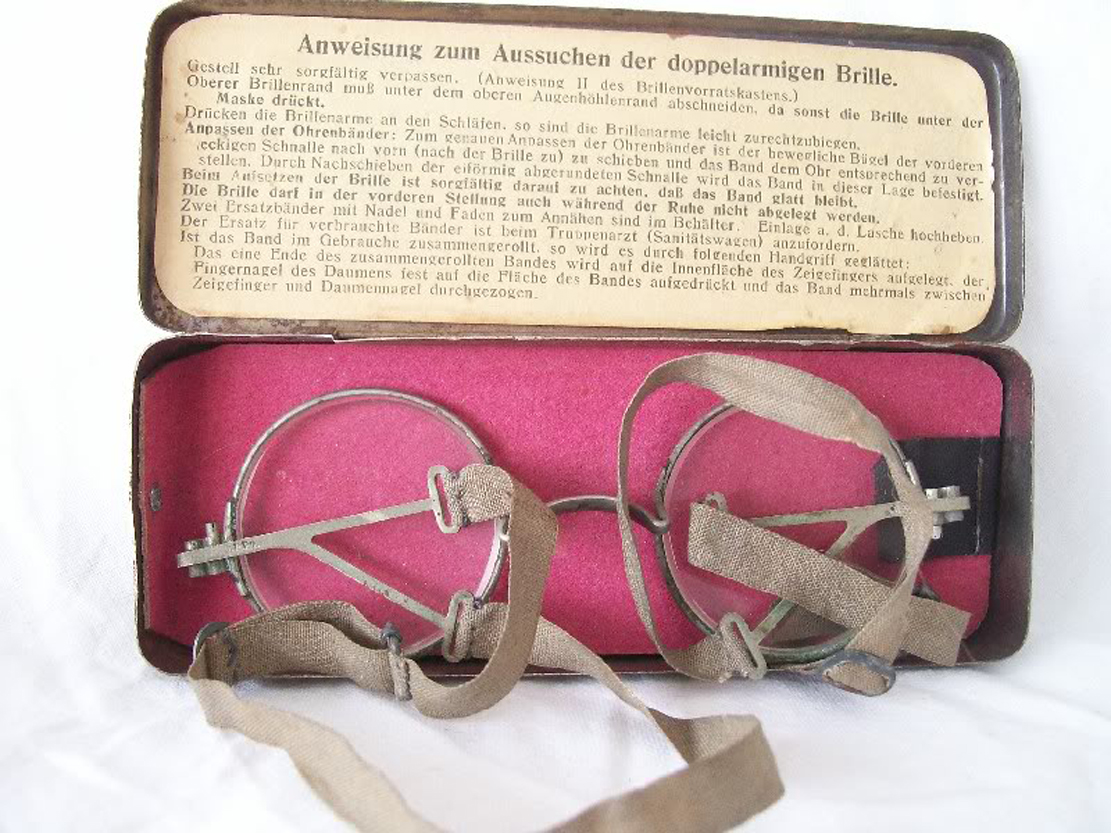

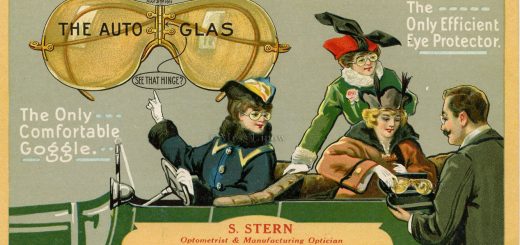
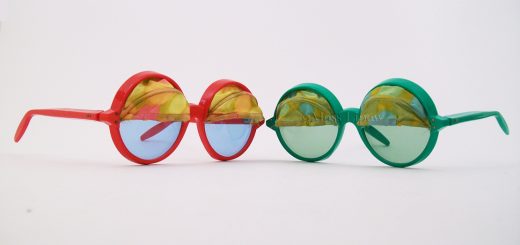

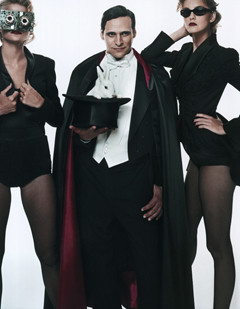
2 Responses
[…] http://theeyewearblog.com/to-see-or-to-breathe-the-dilemma-of-eyewear-at-the-front-wwi-part-2/ […]
[…] (2014) To see or to breathe? The dilemma of eyewear at the front. WW1 Part2. (Online) Available at http://theeyewearblog.com/to-see-or-to-breathe-the-dilemma-of-eyewear-at-the-front-wwi-part-2/ [Accessed on 18/02/2020]CIVILIAN MILITARY INTELLIGENCE GROUP (2017) The GM-15 (Gummimaske) 1916. […]